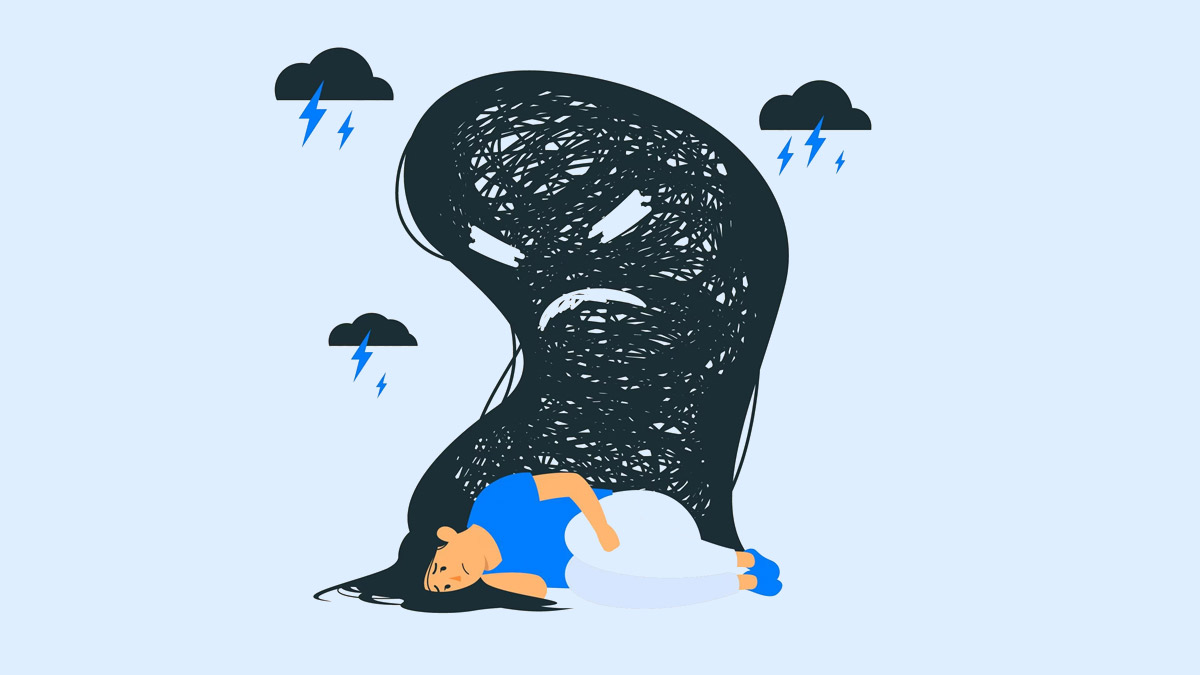World Suicide Prevention Day: Suicide is a tragic choice made by numerous individuals to end their lives. Every day, across the globe, many individuals opt for this drastic action, often driven by a myriad of factors. Whether it stems from mental anguish, financial hardships, poverty, or other reasons, suicide remains a grave and somber reality. These signs might be suggestive of underlying problems, such as depression or suicidal contemplation. It is imperative to remain vigilant about these indicators and extend support, empathy, and assistance to those who require it.
We connected with Dr Chandni Tugnait, M.D. (Alternative Medicines), psychotherapist and founder and director of Gateway of Healing, to understand the factors that can increase vulnerability to suicidal thoughts.
Which Condition Is Most Likely To Make A Person Vulnerable And Lead Them To Experience Suicidal Thoughts?
Dr Chandni Tugnait said, “Clinical depression is the mental health diagnosis most commonly associated with suicidal ideation and attempts. The deep, persistent sadness, hopelessness, and despair characteristic of depression can lead individuals to view death as the only means of escape. Additionally, depression can be accompanied by changes in sleep, appetite, energy, and cognition that reduce protective factors and impair judgement.”
It's crucial to understand that suicide is the outcome of various factors in an individual's life and doesn't stem from a single specific incident or conversation. Suicide is a multifaceted issue, lacking a sole, straightforward explanation.
In addition to mental health conditions, there are various factors that can increase an individual's vulnerability to suicide, including:
- Substance abuse
- Chronic health problems, pain, or physical disabilities
- Feelings of isolation or helplessness
- Experiencing loss
- Negative life events such as abuse, significant loss, or financial crises
- A history of previous suicide attempts or exposure to suicidal behaviour in others.

How Do These Symptoms Escalate?
Suicidal ideation and behaviours often intensify gradually over time as individuals move across a trajectory that may include:
- Passive thoughts about death
- Nonspecific active suicidal thoughts
- Developing a plan
- Acquiring means,
- Rehearsing or simulating an attempt
- Making an actual attempt that may or may not result in death
Does Office Burnout Play A Role In Heightening Vulnerability To Suicidal Thoughts?
Though further research is needed, preliminary investigations indicate that persistent workplace stress and burnout might play a role in the emergence of mental health issues and an elevated risk of suicidal thoughts among those affected. This connection is thought to be facilitated by burnout's potential to generate sensations of hopelessness, disengagement, fatigue, and diminished self-efficacy, which can subsequently lead to conditions like anxiety or depression. Furthermore, excessive job demands may affect interpersonal relationships and social support networks, which typically serve as protective factors against suicidal tendencies.

According to Dr. Tugnait, “While reducing worker burnout is crucial for wellbeing, it is not the sole solution for suicidal risk without addressing other biopsychosocial factors. Employers should prioritise limiting burnout while also connecting workers to mental health resources.”
Are There Any Studies That Show What A Person Experiences When They Decide To Die By Suicide?
Exploring the psychological journey preceding suicide is a complex endeavour, primarily due to the inherent difficulties in studying suicides. However, some studies have retrospectively examined suicide notes or conducted interviews with survivors of nearly fatal attempts. These investigations suggest that individuals often experience intense emotional anguish, a profound sense of hopelessness, and a struggle to envision alternative solutions in the lead-up to such attempts.
Don't Miss: Mental Health Awareness Month: How You Can Help Someone Suffering From Depression
Dr. Tugnait says, “More research is needed, but intervening to rekindle hope, enhance coping skills, and establish social support systems may help overcome the overwhelming states that can set the stage for suicide. With compassionate assistance, the moment of crisis may be outlasted.”
Stay tuned to HerZindagi for more.
Credits: Freepik
